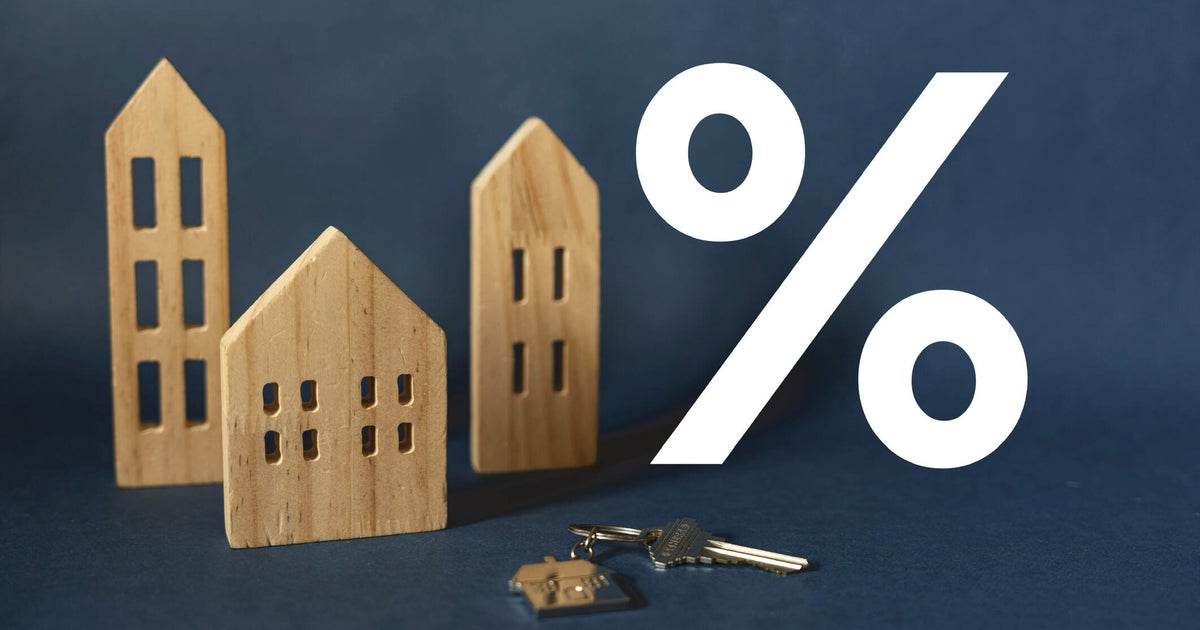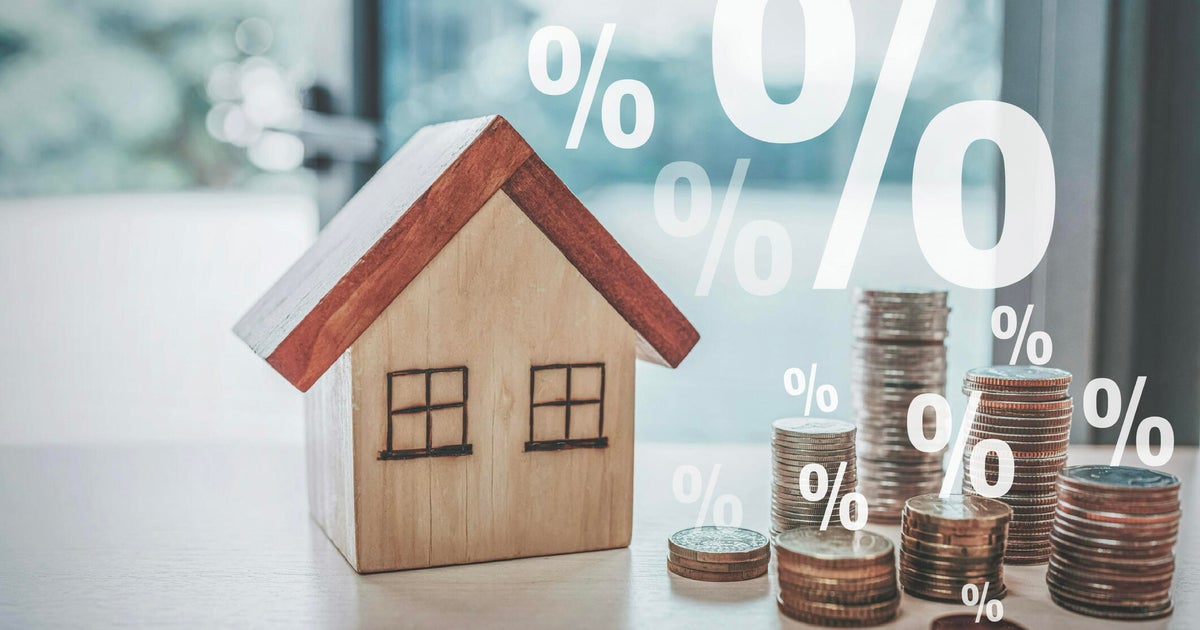A criminal past means no Paycheck Protection Program loan
Some small business owners have assailed the Paycheck Protection Program, saying they were unfairly shut out of the federal loan initiative that is aimed at saving jobs as the coronavirus pounds the economy. Yet another group of entrepreneurs faces an even greater barrier to making use of the emergency lending program: small business owners with past criminal convictions.
The PPP, one of the first sources of government aid Congress passed in response to the pandemic, offers businesses forgivable, low-interest loans on condition that they keep workers on the payroll. But the program excludes businesses if the applicant has 20% or more ownership of the company and if that applicant:
- is in jail
- on probation
- on parole
- is under indictment
- will soon be arraigned
- pleaded guilty or no contest or was convicted of a felony in the past five years
The rules barred Quan Huynh from applying for a small business loan. The Anaheim, California, resident was paroled in 2015 after serving prison time for a murder charge. The year after his release, Huynh started a janitorial service that now has seven employees. He was forced to lay them off earlier this month when the state's shutdown mandate disrupted his business, but had intended to re-hire them with the help of a $15,000 Paycheck loan.
Two questions on the loan application asking if the borrower has a criminal history stopped him in his tracks. "When I clicked yes, the form would not let me go further," Huynh, 45, told CBS MoneyWatch. "It makes us feel like second-class citizens."
The U.S. Small Business Administration, which runs the PPP, did not respond to questions regarding the criminal exclusion. When a reporter asked the White House this week about the rule, President Trump replied, "I'd like to look into that."
Vincent Bragg, who founded Los Angeles advertising agency Concreates, was also rejected for a PPP loan. Bragg's company, which employs nine full-time and hundreds of freelancers, sought a $150,000 loan. But the application timed-out when a staff member checked "yes" to having a criminal history.
Bragg and his cofounder, Janeya Griffin, said the program doesn't allow applicants to explain the circumstance that led to a conviction. Griffin also noted that the lending program is funded by taxpayer dollars, which Concreates pays.
"For the SBA to say these people don't deserve a loan, it means they're saying you don't deserve relief from this disaster," Griffin said. "Where is the humanity in that?"
Around the U.S., there are roughly 50,000 laws on the books in housing and employment that keep former prisoners from re-integrating into society, said Jay Jordan, executive director of Californians for Safety and Justice, an advocacy group that pushes for criminal justice reform. The federal government shouldn't add another barrier while the nation tries to recover from the pandemic, Jordan said.
"This is not only hurting people with past convictions and their families, but in the case of the Paycheck Protection Program, it could also hurt the employees of their small business," he said.
Jordan said keeping former convicts from employment only hurts the U.S. economy. He pointed to a Center for Economic and Policy Research study that found the U.S. lost $87 billion in GDP because of employment restrictions placed on people with past convictions.
Frederick Hutson, a small business owner in Nevada with a criminal record, applied for a PPP loan and was approved. He qualified because the SBA restriction only applies to felony convictions within the past five years, and Hutson was released from prison in 2012 after doing time for selling marijuana. He later founded Pigeonly, a digital platform that lets people communicate with an incarcerated family member.
"I barely made the cut, but I was disappointed at this," said Hutson, 36, whose company has 40 employees and who was approved for a $219,000 loan. "The government starts out with good intentions, but in the way they write these [provisions] it really doesn't want to acknowledge lots of business owners who are out there."
All $349 billion in the Paycheck Protection Program was loaned less than a month after it launched, potentially leaving millions of small businesses in the lurch. Congress is set to inject another $310 billion, but lawmakers have yet to reach consensus on other elements of the bill.
Hutson said he knows ex-cons who now own successful gas stations, barbershops, home improvement companies and construction firms across the U.S.. They have already paid their debt to society and deserve access to the same financial assistance as other businesses, he said.
The Associated Press contributed to this report.




